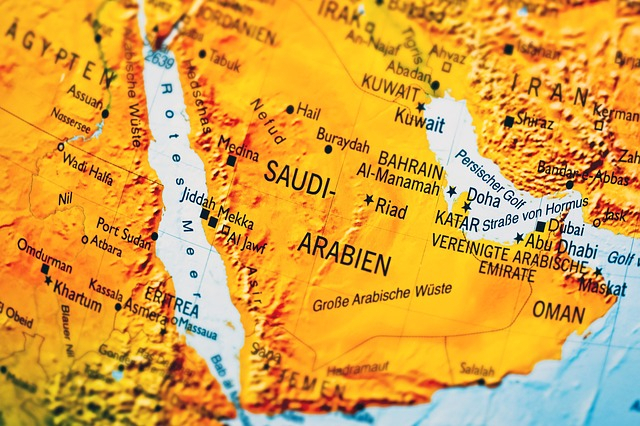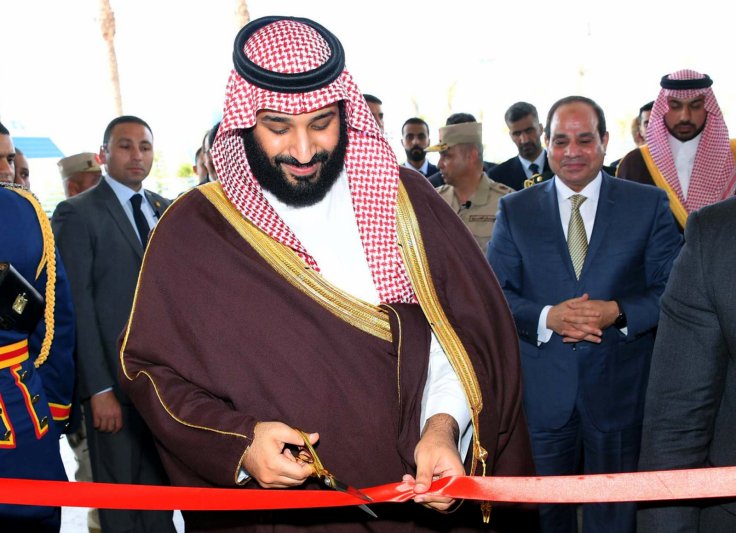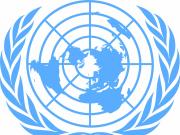Saudi Arabia is contemplating selling off state assets and introducing income tax to boost its coffers and save the country's slowing economy. Low crude oil prices and the coronavirus pandemic have been hurting the oil-rich state lately and privatization seems to be one of the possible solutions to the crisis.
Privatization of state-run assets could help the country make billions of dollars annually that could help boost the economy. Also, citizens don't have to pay income tax in Saudi Arabia, but if introduced, it could lead to a substantial inflow of funds given the high per capita income in the country.
An Attempt to Boost the Economy

Saudi Arabia is considering exploring options to boost its finances as low crude oil prices coupled with the coronavirus pandemic is hurting the country's economy. The world's biggest oil exporter could raise over 50 billion riyals ($13.3 billion) over the next four to five years just by privatizing state-run assets in the healthcare, education and water sectors, said Finance Minister Mohammed Al Jaddan on Wednesday, according to a Bloomberg report.
Jaddan said that Saudi Arabia is "considering all options" including introducing income tax, which could substantially boost the country's coffers. Although income tax isn't imminent, he said that possibilities in the long term cannot be ruled out. However, the state-run Saudi Press Agency reported that there has been no discussion yet on introducing income tax in the cabinet.
Saudi Arabia's Economy Shrinking

The country' economy has already taken a hit due to the falling crude oil prices and the recent coronavirus pandemic is further taking a toll on its GDP. According to International Monetary Fund, Saudi Arabia's economy is likely to plummet 6.8% this year, its steepest decline in over 30 years.
The kingdom is already taking a slew of measures to boost its finances and has tripled value-added taxes, increased import duty and cancelled some benefits for government workers. Saudi nationals so long didn't have to pay income tax given that the hefty oil revenues supported a wide range of subsidies and benefits.
However, that may be a thing of the past in the coming days with increased spending and low inflow of money in the government's treasury. Saudi Arabia may also have to borrow around 100 billion riyals this year. It also has plans of tapping the global debt market once more in 2020 after selling worth $12 billion in international bonds earlier this year.
The kingdom has already been selling state assets as part of Crown Prince Mohammed bin Salman's ambitious dreams of diversifying from an oil-driven economy. Last year, it sold $29 billion holding in energy giant Saudi Aramco through the largest IPO in history. The oil-rich country may now need to take more such steps to inject money into its economy.








